Plastic Stool Mould Revolutionizing Design and Manufacturing
Plastic stools have become ubiquitous in homes, schools, offices, and public spaces due to their durability, affordability, and versatility. Behind the creation of these functional and lightweight stools lies an essential component: the plastic stool mould. In this article, we will explore the significance of plastic stool moulds, their design and manufacturing process, and the impact they have on the production of plastic stools.
Plastic stool moulds are meticulously designed to ensure accuracy, functionality, and aesthetic appeal. Designers use computer-aided design (CAD) software to create precise 3D models that reflect the desired shape, size, and details of the stool. Factors such as weight capacity, ergonomic considerations, and ease of manufacturing are taken into account during the design phase. The mould design is critical in achieving consistent and high-quality stool production.
The manufacturing process of plastic stool moulds involves several steps:
a. Material Selection: Mould makers carefully select suitable materials, such as high-quality steel or aluminium, to construct the moulds. These materials possess excellent heat conductivity and durability, ensuring a longer lifespan for the mould.
b. CNC Machining: Computer numerical control (CNC) machines are used to precisely cut and shape the mould components according to the design specifications. This step requires skilled technicians who meticulously follow the CAD design to ensure accuracy.
c. Mould Assembly: The various components of the mould, including the core and cavity, are assembled with precision. Meticulous attention to detail is crucial to ensure proper alignment and functionality.
d. Polishing and Surface Treatment: The mould's surfaces undergo polishing and surface treatment processes to achieve a smooth and flawless finish. This preparation helps prevent imperfections in the final product and facilitates the easy release of the plastic stool from the mould.
e. Testing and Adjustments: Before production, the mould undergoes rigorous testing to ensure it meets quality standards. Any necessary adjustments are made to optimize the mould's performance, including fine-tuning the injection points, temperature control, and ejection mechanism.
Plastic stool moulds enable mass production of stools with efficiency and cost-effectiveness. By using injection moulding technology, manufacturers can produce a large number of stools in a relatively short period. The mould allows for consistent production, ensuring that each stool is identical in design and quality. This efficiency translates into cost savings for manufacturers and affordable prices for consumers.
Plastic stool moulds provide flexibility for customization and innovation. Manufacturers can modify the mould design to create stools with unique shapes, patterns, or features. This adaptability allows for the production of stools tailored to specific customer preferences or market demands. Moreover, advancements in moulding technology have facilitated the integration of additional functionalities, such as stackability, ergonomic contours, and anti-slip surfaces.
In recent years, sustainability has gained significant importance in the manufacturing industry. Plastic stool moulds play a role in promoting sustainable practices. Moulds are designed for long-term use, reducing the need for frequent replacements. Additionally, the leftover plastic from the manufacturing process can be recycled, minimizing waste and contributing to a circular economy.
The plastic stool mould plays a vital role in the design and production of plastic stools. Through precise design, advanced manufacturing processes, and customization capabilities, these moulds enable the creation of durable, cost-effective, and aesthetically appealing stools. As the demand for plastic stools continues to grow, the innovation and efficiency driven by plastic stool moulds will shape the future of stool manufacturing, providing versatile and sustainable seating solutions for a variety of settings.




 Search...
Search... English
English
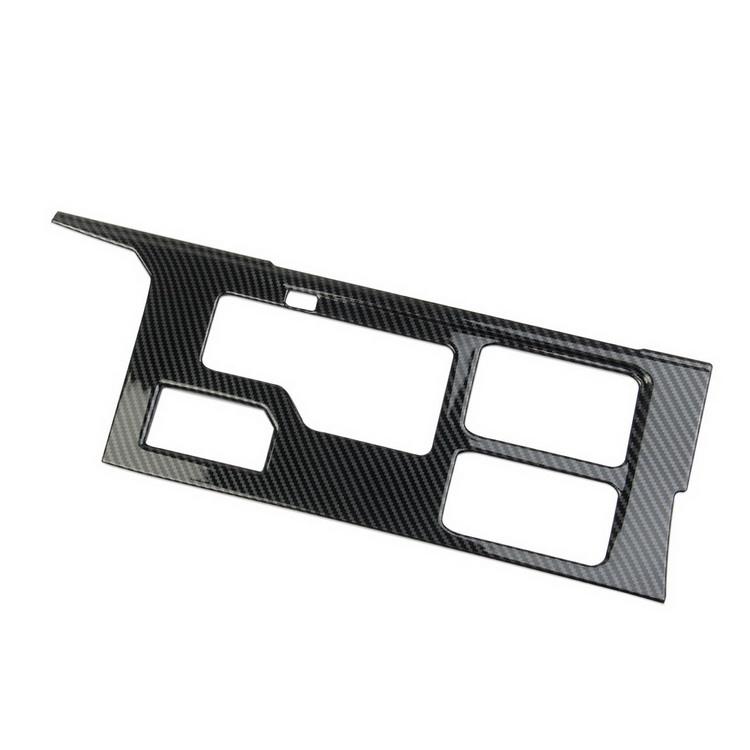
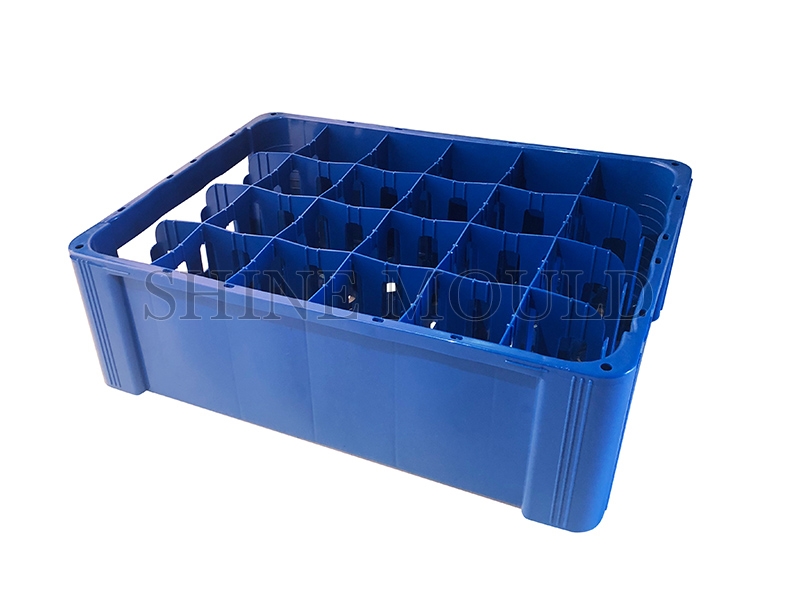
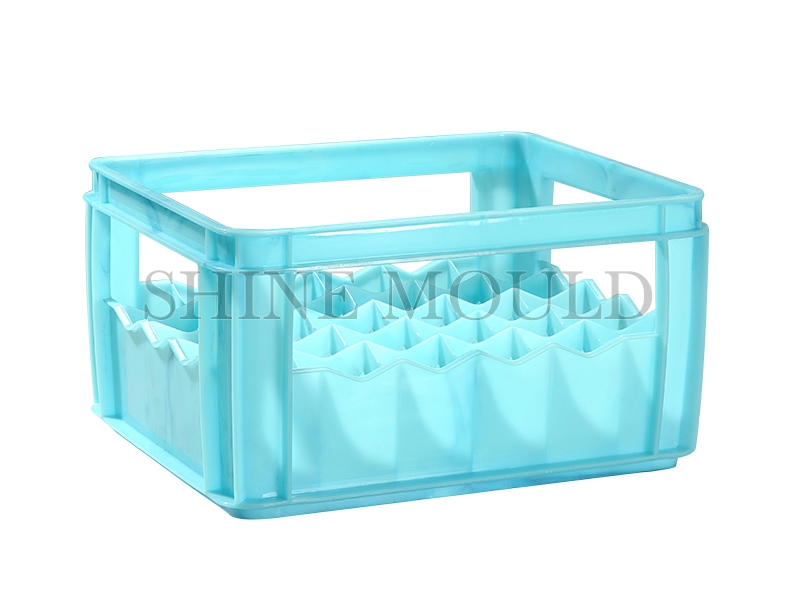

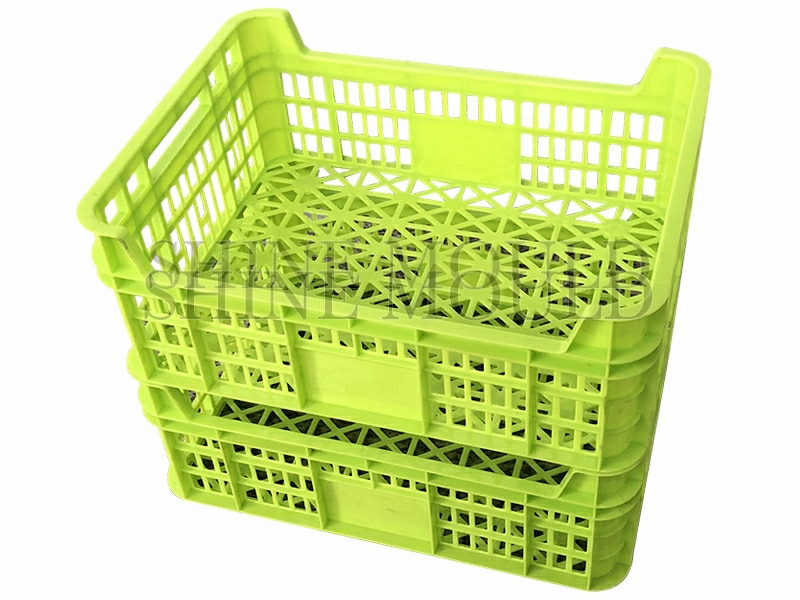
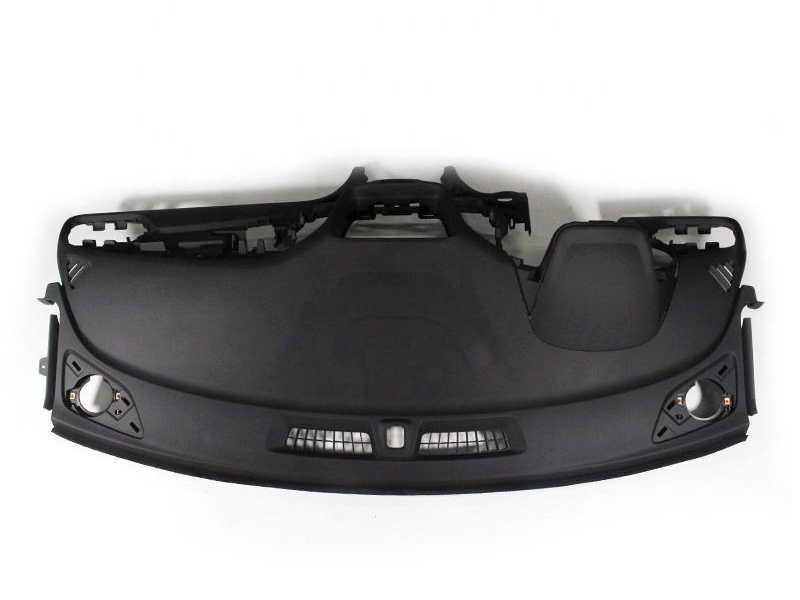
.jpg)
